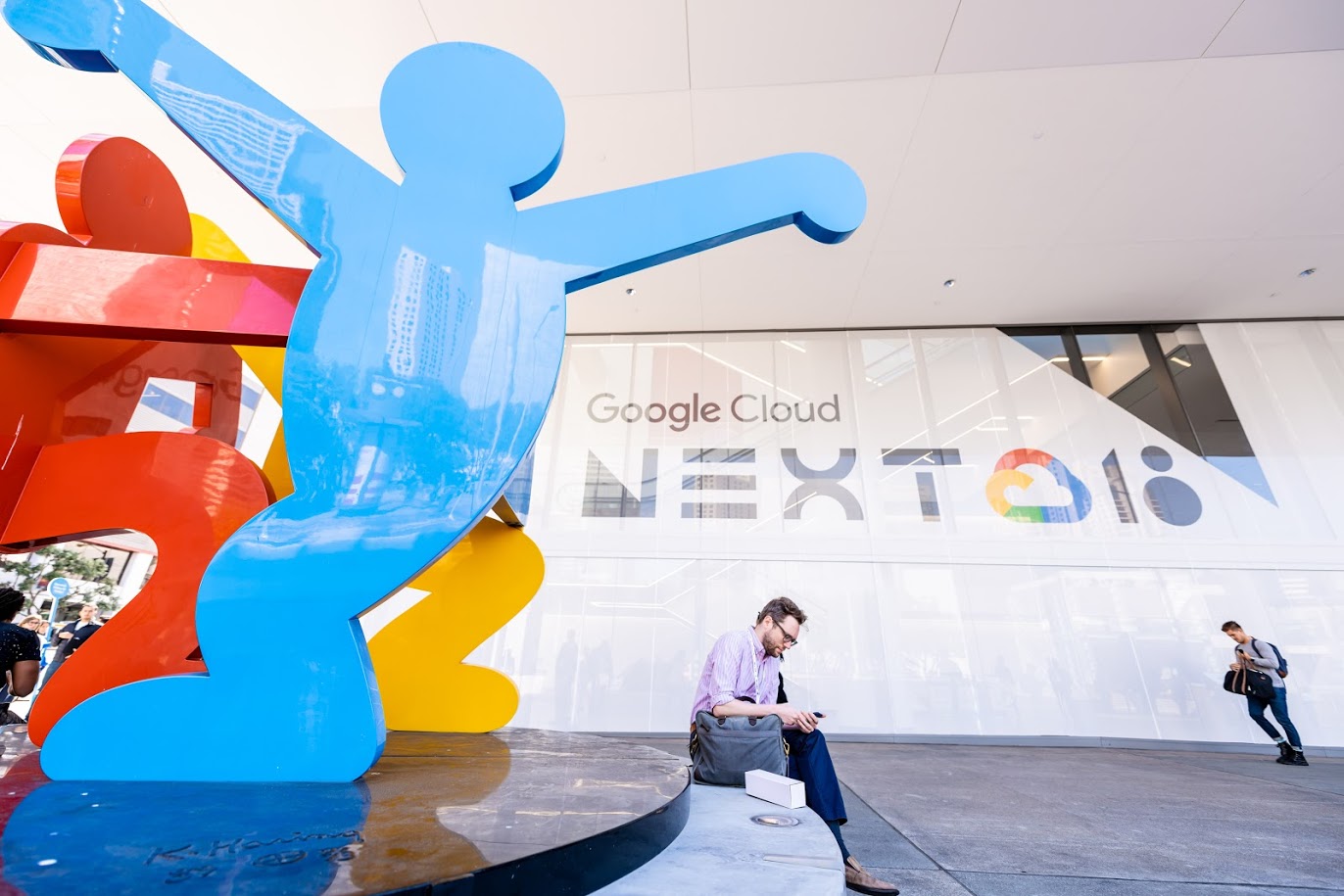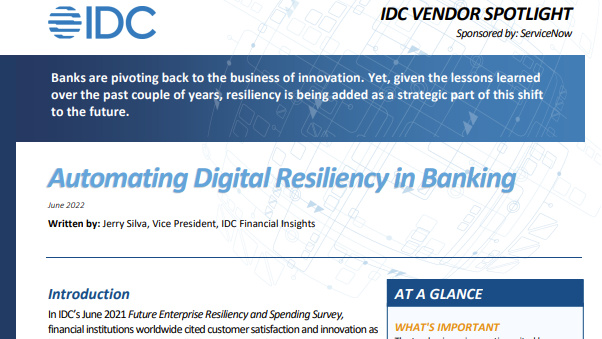Google calls GDPR compliance a "shared responsibility"
Cloud giant points to existing G Suite features that help users become compliant

With a little over a year to go before the EU's General Data Protection Regulation (GDPR) arrives, Google today called for a "shared responsibility" when it comes to compliance and protecting data.
At the London leg of Google's Cloud Next conference, the company spoke at length about its past compliance records, claiming it is well positioned to adhere to the new data protection rules. Google also said it would be rolling out contractual amendments in advance of May 2018, when GDPR applies to the UK, and that it would remain a "committed partner in customers' GDPR compliance efforts".
"Google Cloud is about customers, your data is private to you," said Google Cloud SVP Diane Greene, speaking at the keynote event. "Google is committed to having full support for that by May 2018, and we will put it in your contracts that we are committed to that.
"My commitment to you is that we're going to build together, we're going to have shared responsibility. We're committed to open, rather than locking you in."
The new GDPR regulations represent the single biggest shake up to data protection laws since the creation of the Data Protection Act in 1998. With Google Cloud and G Suite users dealing with over one billion individual customers per day, the company recognised a responsibility to ensure its clients are prepared for the tougher rules.
Although the cloud functions as a relationship between data controllers (companies that decide how and for what purpose data is processed) and data processors (third-parties that do the processing on behalf of controllers), the core principles of unlawful processing remain the same, according to Nathaly Rey, EMEA head of trust at Google Cloud.
"However, there are important new provisions that impact on this relationship," said Rey. "Providers are liable as well for the first time, the fine regime is also more significant than we have had in the past... and you have to ensure data is easily migrated." Within this framework, Google feels the obligations on data processors have increased.
Sign up today and you will receive a free copy of our Future Focus 2025 report - the leading guidance on AI, cybersecurity and other IT challenges as per 700+ senior executives
Drawing on the past
Brian Stevens, VP of Google Cloud, said the company is drawing upon its past experience within the EU data protection frameworks to reassure customers they will face as little disruption as possible during the transition.
"Our security capabilities are really helping with your compliance complications," said Stevens. "We have been offering model contract clauses in Europe for a long period of time, and the underlying work we have been doing will set us up for getting ready to commit to GDPR when it rolls out in May next year."
Google was keen to highlight its past records for data compliance, including its adherence to SOC security audits every 18 months, and the securing of a diploma from the International Standards Organisation, considered the gold standard for security.
As part of its commitment, Google has created a number of features to give practical assurance of data compliance. The new Cloud Key Management System (KMS) has been made generally available, an encryption process that provides a more robust method of securing data, over the default Google Encryption, which only encrypts data at rest. The KMS allows customers to encrypt as much user data as they wish using unique keys, which are themselves encrypted on the Google Cloud Platform.
Specific features within G Suite include a 'Vault' function that ensures the user is automatically compliant with GDPR data retention rules, and an advertising restriction that prevents data from being used commercially.
Dale Walker is a contributor specializing in cybersecurity, data protection, and IT regulations. He was the former managing editor at ITPro, as well as its sibling sites CloudPro and ChannelPro. He spent a number of years reporting for ITPro from numerous domestic and international events, including IBM, Red Hat, Google, and has been a regular reporter for Microsoft's various yearly showcases, including Ignite.
-
 Ping Identity snaps up Keyless to tackle AI-powered security threats
Ping Identity snaps up Keyless to tackle AI-powered security threatsNews The security vendor will expand its platform with zero-knowledge biometrics and re-verification capabilities
-
 Phishing kits soared in popularity last year as rookie hackers ramped up DIY cyber attacks
Phishing kits soared in popularity last year as rookie hackers ramped up DIY cyber attacksNews As PhaaS kits increase in sophistication, organizations should be on the alert
-
 Data sovereignty a growing priority for UK enterprises
Data sovereignty a growing priority for UK enterprisesNews Many firms view data sovereignty as simply a compliance issue
-
 Elevating compliance standards for MSPs in 2025
Elevating compliance standards for MSPs in 2025Industry Insights The security landscape is set to change significantly in the years to come with new regulations coming into effect next year, here's how the channel needs to adapt
-
 How ready is your company for NIS2?
How ready is your company for NIS2?Supported Content The EU’s latest cybersecurity legislation raises the stakes for enterprises and IT leaders - and ensuring compliance can be a daunting task
-
 Top data security trends
Top data security trendsWhitepaper Must-have tools for your data security toolkit
-
 Conquering technology risk in banking
Conquering technology risk in bankingWhitepaper Five ways leaders can transform technology risk into advantage
-
 Advancing your risk management maturity
Advancing your risk management maturityWhitepaper A roadmap to effective governance and increase resilience
-
 When banking works, the world works
When banking works, the world worksWhitepaper Five ways automated processes can drive revenue and growth across your bank
-
 Automating digital resiliency in banking
Automating digital resiliency in bankingWhitepaper Prioritize investment in solutions that mitigate a lack of digital resiliency when disruptions strike